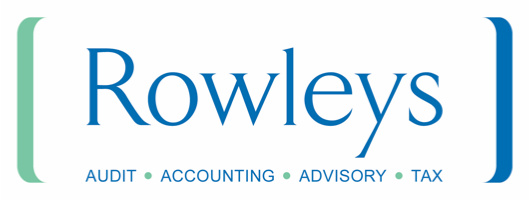News & Events
Pension Scheme Buy-Ins and Buy-Outs: Understanding the basics
2nd March 2023
Pension scheme buy-ins and buy-outs are two options that are available to schemes looking to manage their pension liabilities. In today’s ever-changing financial landscape, it’s becoming increasingly important for organisations to understand these options and how they can impact their pension scheme and overall financial health.
What is a pension scheme buy-in?
A pension scheme buy-in is a type of insurance policy that is purchased by a pension scheme to cover the future payment of pensions to its members. The idea behind a buy-in is to transfer the risk of the pension scheme’s future liabilities to an insurance company.
What is a pension scheme buy-out?
A pension scheme buy-out is similar to a buy-in, but it goes a step further by transferring all of the pension scheme’s liabilities to an insurance company. The insurance company then becomes responsible for paying all pensions to the members of the pension scheme. This type of arrangement is often used by companies that are looking to close their pension scheme and transfer all of their pension liabilities to another party.
Benefits of pension scheme buy-ins and buy-outs
There are several benefits to pension scheme buy-ins and buy-outs, including:
Transfer of risk: By transferring the risk of the pension scheme’s future liabilities to an insurance company, schemes can help ensure that pensions will be paid in full, even if the pension scheme experiences financial difficulties arise.
Financial stability: By transferring their pension liabilities, sponsoring employers can improve their financial stability and reduce the risk of having to deal with pension scheme related financial problems in the future.
Improved cash flow: By transferring their pension liabilities, sponsoring employers can free up cash that would otherwise be required to meet the pension obligations of the scheme. This extra cash can be used for other business purposes, such as investment or expansion.
Closure of pension scheme: For sponsoring employers looking to close their pension scheme, a buy-out can provide a solution that transfers all of the pension scheme’s liabilities to another party, freeing the sponsoring employer of any further obligations.
Drawbacks of pension scheme buy-ins and buy-outs
While there are many benefits to pension scheme buy-ins and buy-outs, there are also some drawbacks, including:
Cost: The cost of a buy-in or buy-out can be significant, especially for larger pension schemes. Sponsoring employers need to carefully consider the cost of these options against the benefits they provide.
Limited options: There may be a limited number of insurance companies that offer pension scheme buy-ins and buy-outs, which can make it difficult for schemes to find the best option for their needs.
Conclusion
As auditors it is important to understand fully the type of arrangement that is being adopted to ensure disclosures in the pension scheme accounts are correct. Buy-in policies are treated as an investment of the scheme and therefore remain as assets of the scheme. Buy-out policies remove some or all of the liability the scheme has to its members and therefore no longer assets of the scheme.
Due to recent changes to the financial markets, pension scheme buy-ins and buy-outs have become much more achievable for schemes and therefore more commonly occur.
The Rowleys pensions team are pension audit experts. We work with a large number of pension schemes, taking a balanced, risk-based approach to audit. If you’d like to discuss your pension scheme accounts and audit requirements, then please get in touch.
